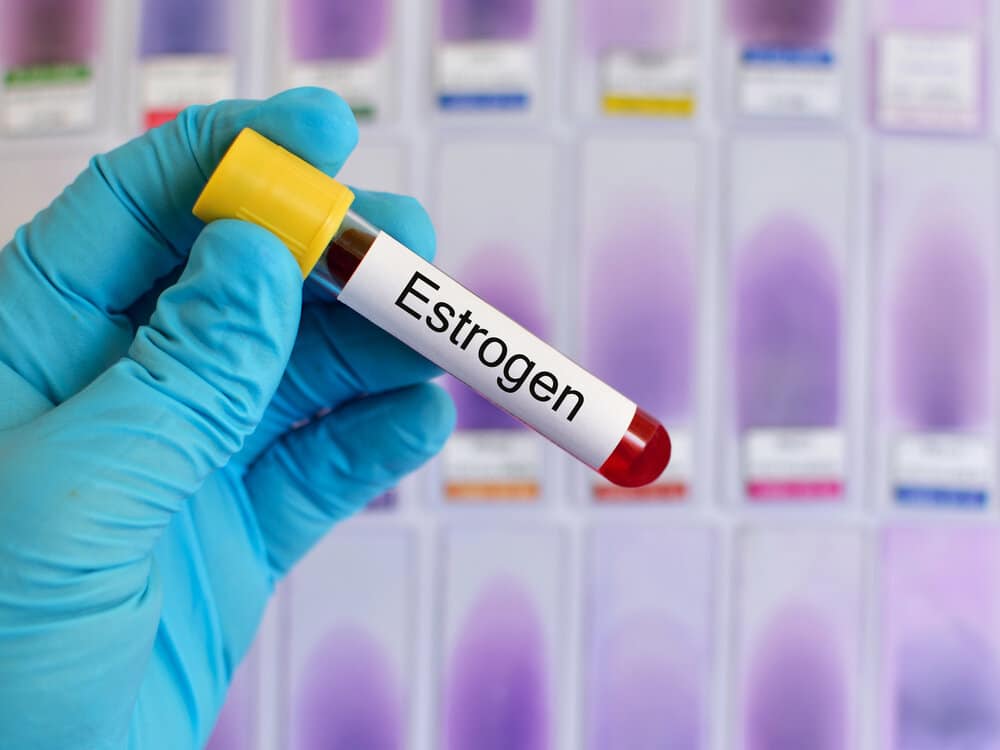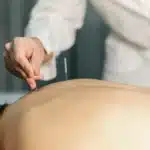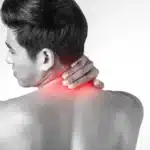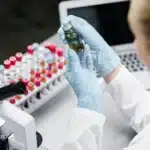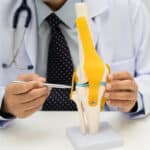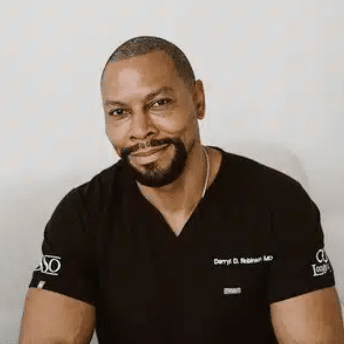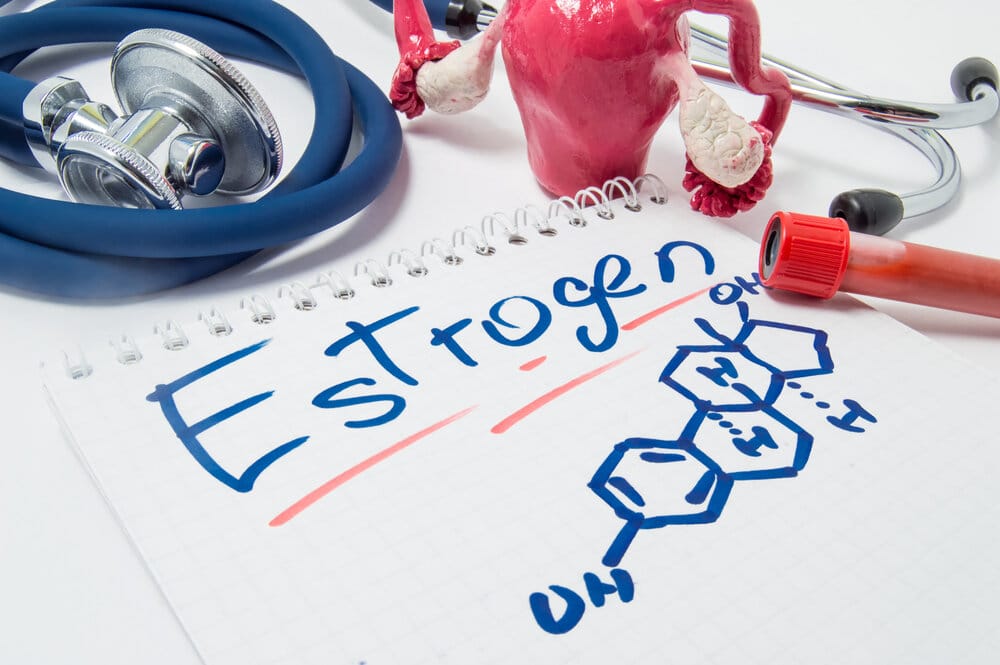
With age, the levels of testosterone among men start to decline. But hypogonadism can result from the reduction in testosterone too much or too quickly. This condition can cause numerous signs, including loss of libido, a drop in the production of sperm, erectile dysfunction (ED), and fatigue, especially when the body fails to produce important hormones.
Estrogen in Men
Estrogen, mainly considered a feminine hormone, ensures the proper functioning of a male body. Three types of estrogen are present-estriol, estrone, and estradiol.
Estradiol is the main type of estrogen that works in men. It is vital to the health of men’s articulations and brains. It can also develop sperm correctly.
A hormonal imbalance, e.g., increasing estrogen and lowering testosterone, is problematic. In the male body, too much estrogen can lead to the following:
-
Gynecomastia or breast tissue development
-
Cardiovascular problems
-
Increased stroke risk
-
Weight put on
-
Prostate issues
Pharmaceutical Estrogen Blockers
Some pharmaceutical products block estrogen in men. Though it was typically designed for women, men, especially men who want children, also need it.
Supplements with testosterone can cause sterility. However, prescribed estrogens like clomiphene can restore hormone balance without affecting fertility.
Some drugs called SERMs may also be used to block estrogen in men, as they are known as selective estrogen receptor modulators. It is usually marketed for the treatment of breast cancer. It can also be used off-label for various low testosterone conditions, including infertility, low sperm counts, gynecomastia, and osteoporosis.
What Does Estrogen Do?
We are all aware of the crucial role of estrogen in the female body. It regulates the reproductive cycle, protects bone density, and regulates mood. It does likewise in a man’s body at various levels. Estrogens are actually found all over the body of a man. This is produced in the skin, bones, brain, and testicles – now you can guess the importance of it.
As with women, it’s important in men for bone health. The importance of estrogen in the brain is equally interesting, as it functions like a neuroregulator to help in impulse control and lowers anti-social behavior. It modulates the reactions. Naturally, the brain is a crucial part of sexual health. The brain and the testicles have an estrogen level essential for the libido’s functioning and reproductive capacity.
We can see here that symptoms usually of low T may also be indications of low estrogen. Low testosterone levels do not alone cause erectile dysfunction, infertility, and other symptoms.
If estrogen is high, it may be used to restore balance with estrogen modulators. It is worth pointing out that these are valid estrogen blockers on prescription, not over-the-counter unregulated products. Estrogen modulators have a crucial role in bringing back healthy levels of estrogen and alleviating disruptive symptoms with the guidance of an experienced healthcare practitioner.
In addition, testosterone production can be increased, as a small but groundbreaking study found in 2004. The researchers also get that when estrogen levels have decreased, they remain within normal range, “œaromatase inhibition increases serum bioavailable and total testosterone levels to the youthful normal range in older men with mild hypogonadism.” Compared to testosterone replacement or hormone replacement therapy, this approach is known as testosterone restoration.
For some men, testosterone restoration has well-grounded reasons. The main thing is the desire to maintain fertility, evidence that testosterone therapy can significantly lower the count of sperm. Naturally, this infertility is different from the sex drive, and without sperm production, you can have an aroused sex life. However, treating estrogen modulation may be more productive than exogenous testosterone for men who wish to have children. Indeed, research suggests that modulation of estrogen may actually increase the amount of sperm.
Book a schedule with Dr. Robinson in OKC if you wish to go for hormone therapy.
**Disclaimer: This content should not be considered medical advice and does not imply a doctor-patient relationship.

